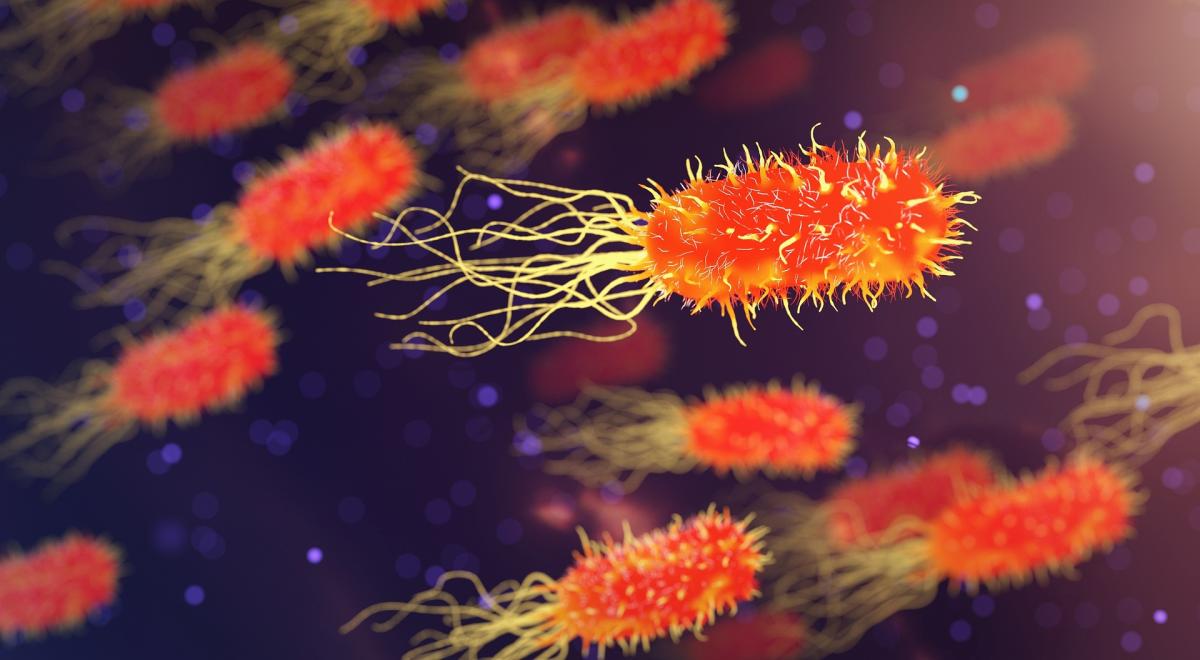
Grades:
7th Grade, 8th Grade, 9th Grade, 10th Grade, 11th Grade, 12th Grade
Dive into the physics and engineering and programming of holonomic drives! Learn to code and control movement for your FTC robot with hands-on activities and real-world applications.






